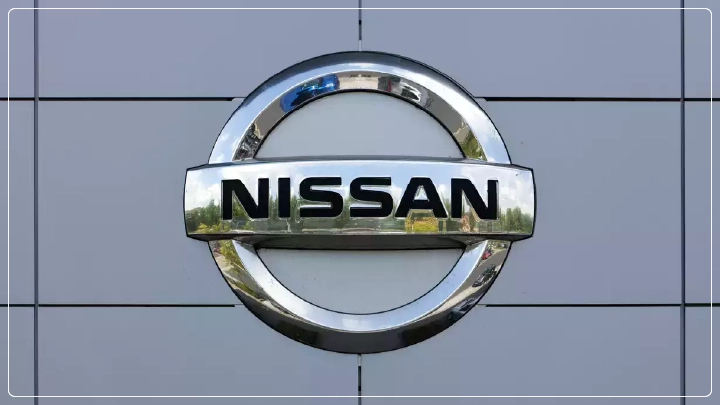February 2025
Nissan Motor Co. and SK On have signed an agreement to establish a fully integrated electric-car battery supply circuit between the U.S. and South Korea starting in 2028, with about 335,000 lithium batteries covering a bit over 20 Gigawatt-hours in ternary lithium batteries available enough to keep approximately 300,000 standard EV's on the road. As a partnership, production units are expected to set Nissan apart in burgeoning U.S. EV markets by satisfying the consumer search for long-term solutions for clean and efficient mobility.

With its strong determination to facilitate the stability of the supply chain for electric vehicle componentry, Nissan has essentially signaled its policy that might very well shake the status quo in the not-so-distant future. Besides the procurement of batteries, Nissan is considering producing compact EVs in its Kyushu plant, in Japan, starting April 2028. This may very well align with what Nissan wishes to accomplish in the sigmoid period, to bolster its profit margins by bringing ultra-compact EV production under its wing. The scale of production at the Kyushu plant will not be affected, although cost-cutting measures remain part of the Nissan recovery plan.
Nissan and Honda are in talks to merge by 2026, a significant milestone in the Japanese car industry that would take a more significant green push in China. The merger, if it truly goes through, hopes to bring Japanese businesses closer to confronting the global EV market. Nissan's turnaround strategies include cutting its global production by 20%, widowing 9,000 jobs, and operations retrenchment that could influence the results of such talks. Yet another significant move toward the above goal is Nissan's alliance with SK and its plans for small EV production in Kyushu to position Nissan to play a tangible part in the very exciting automotive tangent.
The automotive world is in the process of revolutionizing the electric vehicle (EV) market. The EV demand and supply tracks have expanded in the U.S., possibly because of policy frameworks advancing in battery systems and environmental awareness. Riding on the current trend and under the hard-crafted tie-up of Nissan with SK On-pioneering both in terms of sustainable mobility for the partner that is also coming at a time when the Japanese automaker is facing an insurmountable competition challenge from the fast-growing Chinese electric-car makers. These dwell on freight, or lack of local battery supply chains for fear of increasing costs to in-house production. Nissan is more than likely on its way to streamline its rank by SK On partnership and fraud-answered Honda amalgamation. Cooperation is key to its fragile success for the automotive industry, especially in the sector of electric vehicles, as automakers proceed with battery technology investments and enlargement of the electric vehicle portfolio. Consolidation in the industry via a potential merger of Nissan and Honda indicates a new industry normalcy. Corporate unions are formed to combat a mutual challenge and exploit an array of available opportunities.
Key aspects related to Nissan's recovery are the sourcing of battery packs from SK On for its U.S. EV portfolio and enplaning compact EV manufacture at their Kyushu plant. Based on this supply chain stability, efficient location usage, and partner opportunities, Nissan's goal will be to reintegrate itself as a dominant force in the global EV industry, subject, of course, to the resolution of a few probable challenges and making its sustainable mobility vision materialize.
February 2025
February 2025
February 2025
February 2025